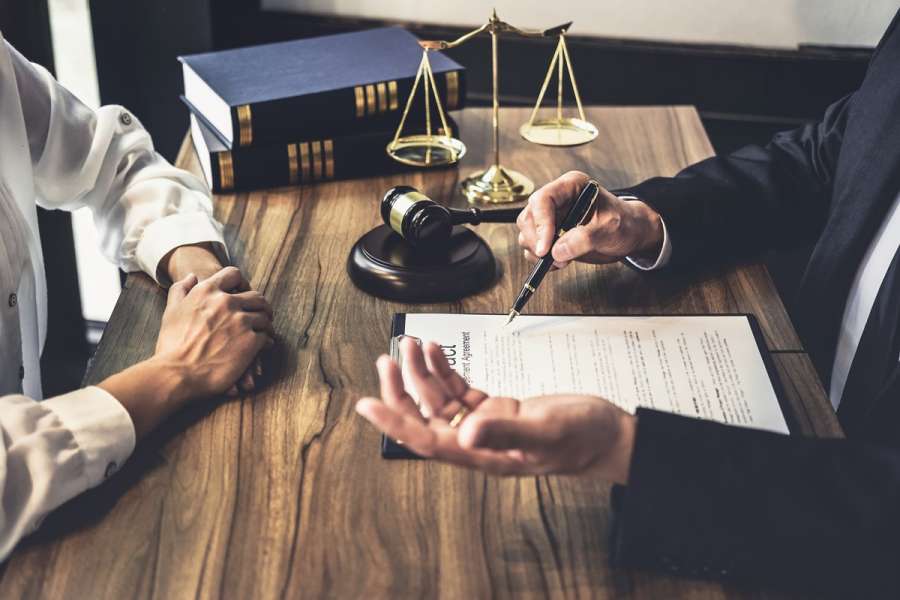A share buyback is the process a company follows to purchase its own shares back from one or more of the company’s current shareholders.
A share buyback process can be utilised by a corporation for a number of purposes, including to:
- Exit a shareholder from the company - This is often considered an efficient way of exiting a shareholder, given that the purchase is typically funded directly from retained profits (rather than out of the taxed profits of the continuing shareholders);
- Return cash to shareholders – This may be to distribute retained profits or the proceeds of sale following the disposal of an asset by the company;
- Operate an employee incentive scheme -This may be used to purchase and cancel an employee’s shares when they leave the company; or
- Adjust the proportions in which shareholders hold shares – This may be useful where investing shareholders wish to decrease their holding in exchange for realising part of their investment.











